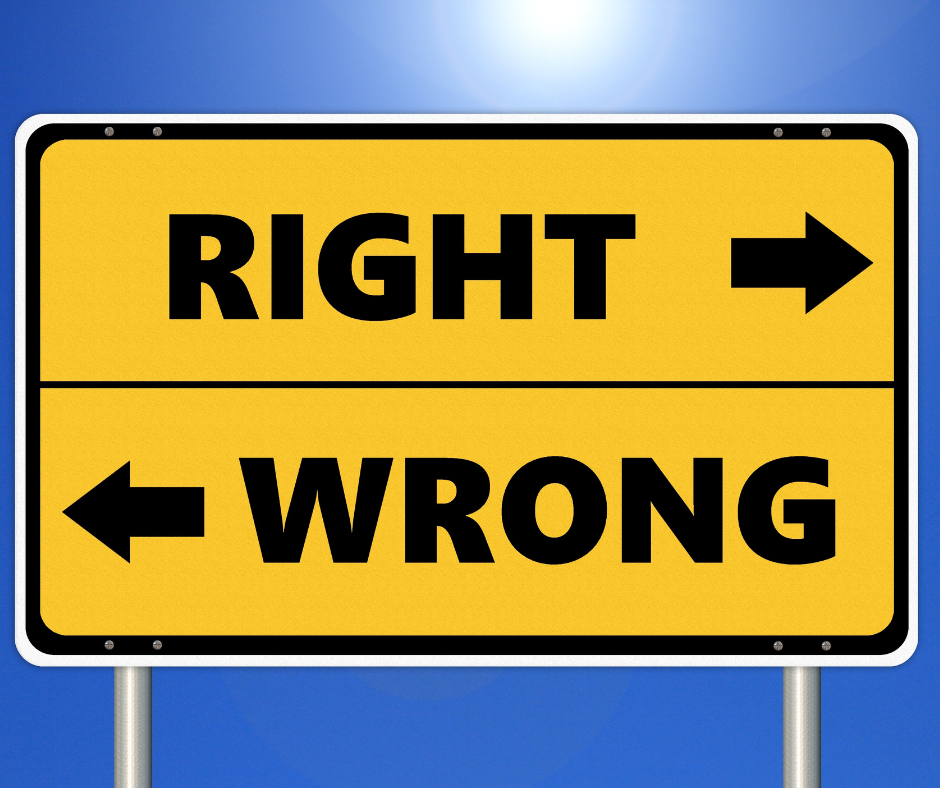Fancy words or key factors? Are organizational values really that important?

Everyone has values even those who do not know or care about it. Everyone has 3-5 core values, that are unique to them, that give them character, that are most important in their life. As many of us as there are, there are different ways of defining the same value through our own lenses.
Certainly, there are overlaps between people and the more overlaps and connections we have
with the values of others and their interpretations, the more we can connect on individual and social
level.
Where do our values come from and what role do they play in our personal, individual lives?

Our core values, our value system are our integral parts, infiltrate everything we think and do. They are shaped by our childhood, what we have been taught by our parents and in school, what has happened to us in our lives, the experiences we have had.
Our core values are the guiding principles that outline our priorities, guide us how we live our life, what is important to us.
✅ They are our compass for our everyday life: how to act in certain situations, how to make decisions, what direction to take at a junction, how to communicate.
✅ They keep us focused. They keep us on track.
✅ They give us a framework for our life.
✅ They give character to our personality. They make us who we are.
What about organizations? Do all of them have core values?
Yes, they do. Even if they are not said and written clearly.
The individuals working in the company all enter the door with their own personal value definitions and interpretations, the same value may mean different things to different people on a day-to-day level, and without a clear meaning and expectations, they all arrive at each situation, communicate, or make decisions in alignment with their interpretation of the values.
Accepted, tolerated behaviours organically establish a set of values within the organisation whether we want them to or not.
The question is: do we consciously want to shape and form what kind of value system is accepted, or we let internal forces and operations decide in an ad-hoc way what our organisation will be like?
Clearly, companies, which aim for conscious, future-focused, sustainable operations, are not satisfied with the latter. They want to shape their corporate culture and formulate core values for themselves.
What impact do corporate values have? Why bother?
Core values are the cornerstones of every organisational culture and operations.
➡Vision and mission are rooted in the core values, people can identify with them if their internal compass can identify with the company's. Clear values, vision, mission and strategy ensure that everyone is working towards the same goals in a certain way.
➡ They influence the business strategy, give purpose to the people in the organisation, improve team cohesion and build commitment to each other and the company. They indicate that the company wants to create value.

➡ They influence and drive the whole operation, the frameworks, and the relationships between people in the organisation, the organisation and its partners, the organisation and its customers.
➡ They impact how people feel about a company. How people feel at work. How motivated they are. Their decision how much energy they put into their work, their decision to stay or go. Core values guide our minds and hearts in making business decisions. They shape the whole company culture.
➡ A certain company culture with certain values attracts like-minded people, making the company more valuable by the people who work for it.
Why is listing the core values, or defining them in one or two nice-sounding sentences might be not enough?
In a lot of companies, there is already a recognition of the need for a common ground, a common framework of what we call organisational core values, but a lot of them do not go further - there is often a gap between communication and reality, between the talk and the walk.
It is not enough to list core values, or define it with one or two sentences which we can paint on the walls. The devil is in the details, what happens day by day at the workplace.
When I ask leaders to give an example of a value or explain what it means to them, they often don't understand the question and don't understand why it needs to be explained or defined. Why to bother? Everyone knows what a certain value is about....
Yes, everyone knows what it is about, but everyone knows what it is about through their own lenses, has an individual, personal meaning attached to one value or another, so no two definitions are the same.
Values need to be brought to life, articulated, worked out together: what they mean in terms of actions behaviours, how they manifest themselves in the life of the company.
What happens when our core values don't match with others', the values of the company?
In the past years I have encountered a wide variety of problematic situations on the subject of value conflict, these being the most common:
- There were no communicated values within the company, just organically evolving culture, the values of the stronger, higher positioned people overrode others. Expectations were not clear.
- There were communicated company values, but reality was lightyears away, with no consequences and with no willingness to change.
- There were communicated values, top management acted, behaved accordingly, but senior leaders did not follow, feedback did not reach the top, or if it did, it was not taken seriously as it affected powerful, expert leaders, who had been there for a long time.
- The top management of the company did not follow the communicated values, did not walk the talk.

What can situtation like these cause? Friction. Value conflict within the individual.
Our core values are so deeply ingrained in us
that their violation can create a high level of internal conflict for the
individual, that is unbearable and sooner or later leads to break or major change in personality.
We cannot live in conflict with our deepest core values for long. We either change or we leave the situation. The more mature individuals are, the less likely it is they will change their values and the more likely they are to exit the situation, the company.

Leaders often reported negative feelings and emotional states when their had a value conflict within the company:
- total lack of motivation
- apathy
- fatigue, exhaustion
- emotional and physical pain
- despair
- loneliness, being an outsider, sometimes outcast
- tension
- stress
And people leave the place, situation where they feel bad. Without exception, the stories ended in leaving the company.
So how can we close the gap between individual and desired company interpretation of core values?
❗ It is crucial to talk
about values on the level of expected actions, behaviours, communication
within the organisation and to develop a common language around them.
❗ It is worth translating them into behavioural competences and describing exactly what is expected of the members of the organisation in terms of the values in their daily work.
❗ It is important that any violation of core values are not left without consequences.
And this work must be constantly maintained, actively kept alive and improved.
From "what we believe in" and "what is important to us" we need to arrive at "how we do it" - how we demonstrate our values "in operation", with our behaviour, actions towards each other, our partners, our customers. And aligning these has to be an expectation towards everyone within the company and consequences have to be clear for not doing so.
